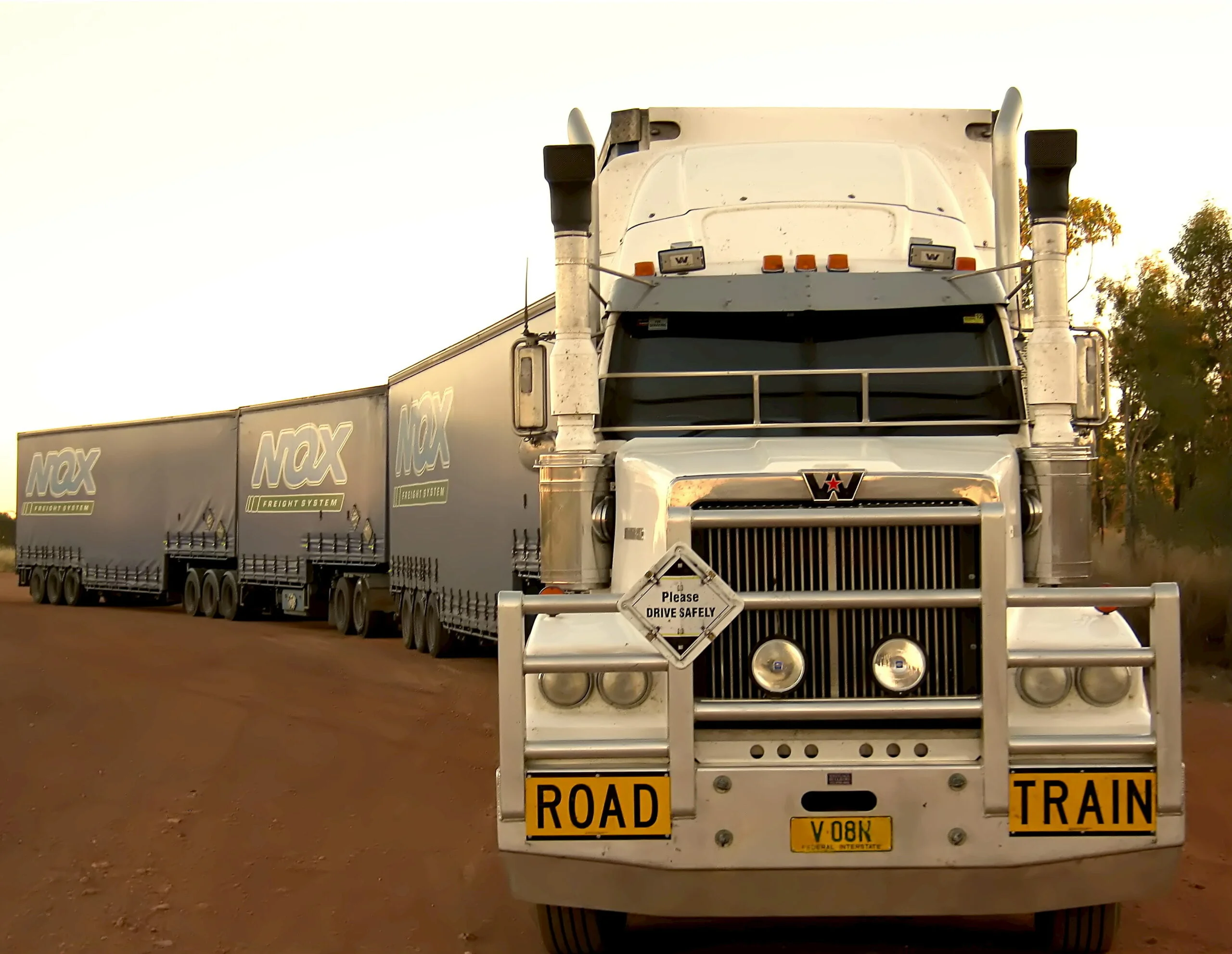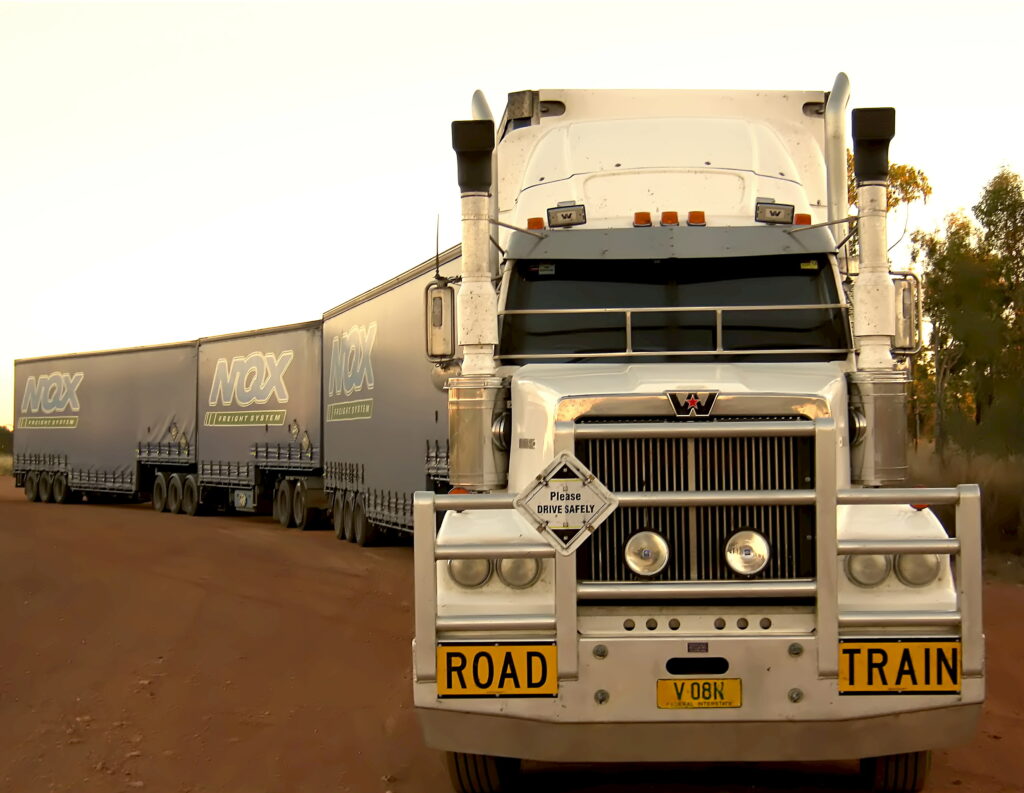Samantha Warren, US author of speculative fiction, highlights one of the many benefits of being a self-published author: the ease with which we may accommodate changes in the publishing industry.
Publishing is tough, no matter which way you go. But if you want to succeed in this crazy world of writing, you need to have maneuverability. One of the things I love the most about publishing right now is that things are constantly changing. There is no one right way to do things, because what works today may not work tomorrow. Amazon and the other e-retailers are always making tweaks to both maximize their profits and keep authors and readers happy. It’s a tough balance and not every author is happy with every change.
But that’s where you need to be flexible. The more flexible the better. When a change is announced, a lot of people dig their heels in. A good recent example is the change Amazon made to Kindle Unlimited where it switched payment from per book to per page. The interweb exploded with craziness and epic freakouts from authors who were super unhappy with the change. False information was rampant. There was a metric ton of doom and gloom talk about how such-and-such change was to ruin everything and it’s all going to fall apart. But I have a little secret for you:
It’s not.
Publishing as a whole will never fall apart completely. There will always be a demand for the written word. I firmly believe that. As long as there are people on this planet (or other planets) they will want to read. How they read might change, but they will always want to read. It’s just part of who we are. Stories are important to us, to everyone. So you need to take advantage of that. And the best way to do that is to be able to roll with the punches (changes) of this rapidly morphing world of publishing.
The Impact of Change
A good analogy for this is the race car versus the semi-truck. Semi-trucks are massive and slow to switch gears. They take awhile to get up speed and they have a hard time slowing down. Shifting lanes is a chore and if they happen to swerve quickly, there’s a good chance they’re going to jackknife or tip over.
Race cars, on the other hand, are small, zippy, and maneuverable. They can gain speed quickly and stop on a dime. They can slip into small gaps in traffic and take corners on two wheels. Heck, if it’s the right car, they can even slip under those massive semis and come out the other side (not recommended unless you’re a stunt driver in a closed course, though).
In order to be successful in indie publishing, you need to be a race car. If those changes that Amazon and the other e-retailers make are enough to bring your current career to a stop, you’re doing it wrong. You need to be able to make that quick right turn, zip under those semis, and come out the other side with a strategy to move on. You don’t have to like the changes, but you need to be able to change with them. If you can’t, your career is certain to grind to a slow and painful halt.
So are you a semi-truck or a race car?
Why indie authors are best equipped to adjust to #publishing industry changes by @_SamanthaWarren Share on XOVER TO YOU
Do you agree with Samantha's analysis or do you have a different take? If you were a vehicle, what kind would you be? Join the conversation via the comments box!








[…] How Indie Authors Should Approach Change in the Publishing industry […]
Agreed Samantha! Well said.
We are in a unique position to capitalize on industry change.
Personally, I find the new Amazon “per page read’ policy to my advantage. The more your work engages readers the more you’re paid. Great for those of us in it for the art, as opposed to just in it for the money.
Best,
MAS
When I first saw the truck, I thought, “Trucks are steady and reliable, still moving on despite change.” I thought of the analogy of the tortoise and the hare. Slow and steady builds up a nice backlist and allows the freedom to take joy in one new reader at a time. It’s in it for the long haul and won’t give up because something has changed. It takes time to form a strategy and sticks with it.
When I saw the race car, I thought, “Impulsive and quick to panic. Quick to give up on a series that isn’t selling at book 1 or even book 2. Wanting immediate sales as soon as the book is released without taking the time to form an overall strategy.”
That all being said, I can see what you mean, and I agree with your points. It was interesting (to me), however, how two people could look at the same objects (a semi-truck and a race car) and come up with two different analogies. 🙂
Love this post!
Excellent point of view, Ruth Ann. I tend to be more like the truck in how you’ve described it.
Completely agree Samantha. And there is nothing new in this. (Is it too early in the morning to quote greek philosophy? “Change is the only constant in life.” ― Heraclitus) At ALLi, one of the first things we encourage in beginner members is to get used to the discomfort of change… after a while you come to identify that “discomfort” for what it really is: creative excitement.
I agree absolutely! I’ve only just published my first novel and the technical learning curve has been enormous but the most important thing I’ve learned was to say ‘Yes!’ and then work out how to do it! It’s working nicely so far 🙂
One of the other interesting things about trucks is that very soon, truck drivers will be replaced by self-driving vehicles. Change indeed 🙂
Totally agree. It is the ability to be flexible that keeps my business ticking along. It took me a while to figure out what the meant, and honestly, still learning. But I love that about self publishing.
Samantha,
Thank you for a great post about something that’s very close to my heart. In all business, not just the writing business, you must be agile, and know your industry, your markets and your competition. When I speak about this, I normally use a tanker versus speedboat analogy (married to a ex-navy man does this to you), but I like the truck and race car imagery equally much.
The important thing is not to fight change, but to use it to your advantage.
Helena